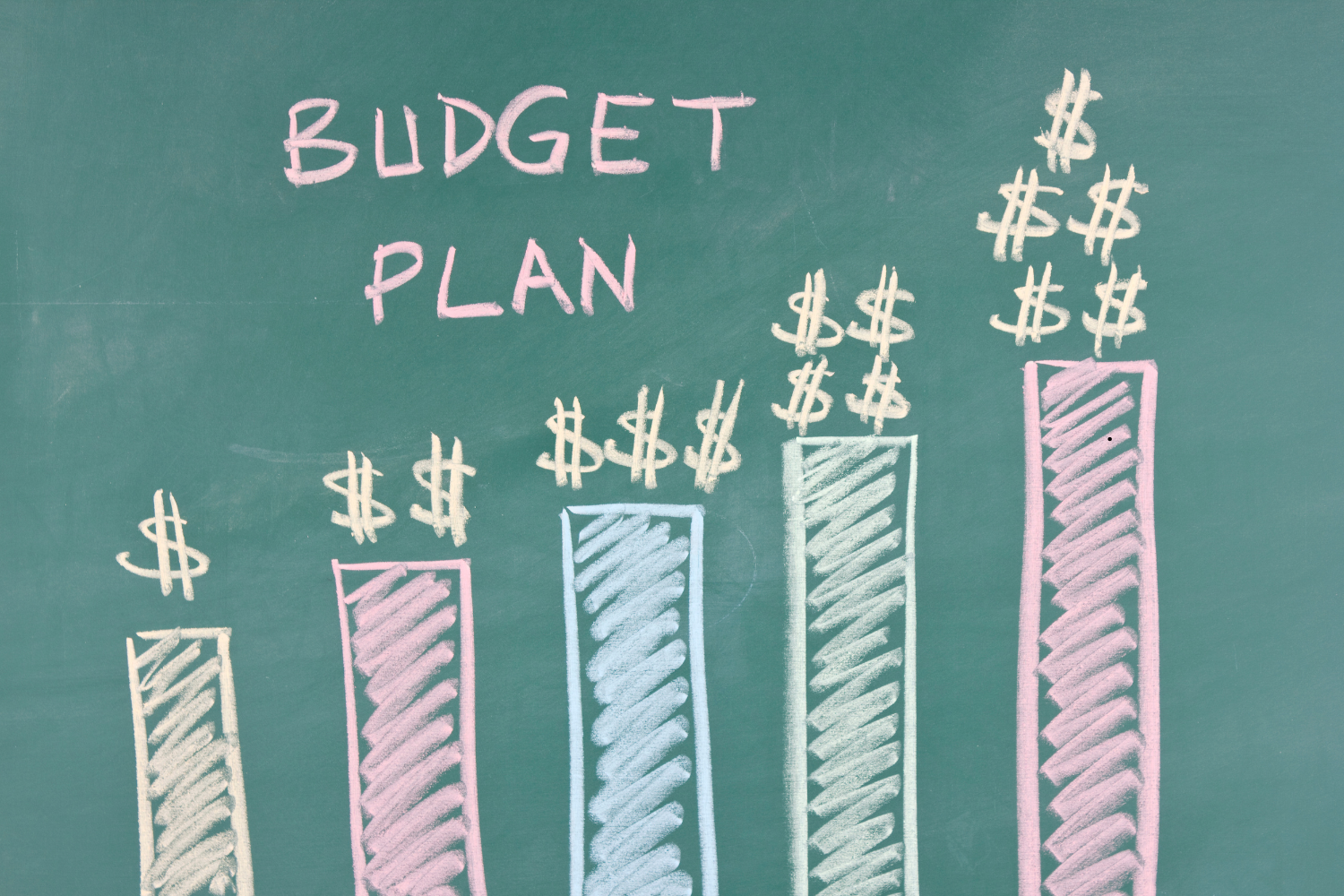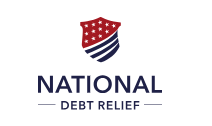The Role of Budgeting in Achieving a Debt-Free Life

Achieving a debt-free life isn’t just about paying off outstanding balances—it’s about maintaining long-term financial freedom. At the heart of sustainable debt freedom is budgeting, an essential financial tool that empowers you to manage your money effectively, avoid unnecessary debt, and achieve lasting financial stability.
Here’s why budgeting is crucial in your journey to becoming debt-free and how you can leverage budgeting to transform your financial future.
Why Budgeting is Essential for Debt Freedom
Budgeting serves as a financial roadmap, guiding your spending decisions and helping you identify unnecessary expenses that contribute to debt. It offers clarity on where your money goes, reducing the risk of overspending, and preventing the accumulation of new debt.
Here are key ways budgeting supports your debt-free goals:
1. Creates Financial Awareness
A clear, well-structured budget reveals your financial reality. You’ll know precisely how much income you generate, how much you’re spending, and which expenses can be adjusted. This awareness helps you identify the sources of debt and address them proactively.
2. Prioritizes Debt Repayment
Budgeting allows you to strategically prioritize debt repayment. Allocating extra funds toward your highest-interest debts accelerates payoff and saves money on interest. For additional assistance, companies like National Debt Relief can help you structure an effective debt repayment plan, combining budgeting with proven debt relief strategies.
3. Prevents Future Debt
Effective budgeting prevents future debt by promoting disciplined financial habits. Tracking expenses closely makes it easier to avoid impulsive purchases and ensures you’re consistently living within your means. Budgeting becomes your first line of defense against accumulating new, unnecessary debt.
How to Create an Effective Debt-Elimination Budget
Creating an effective budget involves several critical steps. Follow these guidelines for a budget that actively contributes to debt freedom:
Step 1: Calculate Your Income Accurately
List all sources of monthly income clearly, including salaries, side gigs, freelance earnings, and passive income streams. Accurate income calculations ensure realistic budgeting.
Step 2: Identify Essential Expenses
List all essential monthly expenses, such as housing, utilities, groceries, insurance, and minimum debt payments. Prioritizing essential costs first ensures financial security and stability.
Step 3: Highlight Non-Essential Expenses for Reduction
Review expenses like dining out, entertainment, subscriptions, or unnecessary shopping habits. Reducing or eliminating these discretionary costs frees up funds to accelerate debt repayment significantly.
Step 4: Allocate Funds Strategically to Debt Repayment
After covering essential expenses, designate extra income specifically toward debt repayment. Focus first on high-interest debts to maximize savings on interest. For complicated financial issues like IRS debt, specialized solutions from providers like Tax Debt can simplify and accelerate your debt repayment process.
Step 5: Adjust and Review Regularly
Your budget must be flexible and adapt to changes in your life. Regularly review your spending, savings, and repayment goals monthly. Adjust your budget as needed to stay on track and continuously move closer to debt freedom.
Using Budgeting Tools and Resources
Numerous budgeting tools simplify the budgeting process and enhance your debt-free journey. Consider:
- Budgeting apps: Apps like Mint or YNAB provide real-time tracking and budget adjustments.
- Debt repayment calculators: These help visualize your progress and motivate continued debt reduction.
- Credit monitoring services: Regularly monitor your credit health. Professional services like Credit Repair can also assist in resolving inaccuracies, further enhancing your financial standing.
Combining these tools with professional guidance creates a powerful budgeting framework for lasting debt freedom.
Long-term Benefits of Budgeting in Achieving Debt Freedom
Budgeting isn’t merely a short-term fix—it’s an ongoing financial lifestyle change that delivers long-lasting benefits, such as:
- Financial Stability: Consistent budgeting fosters stable finances and prevents new debt.
- Increased Savings: Budgeting helps accumulate emergency savings and retirement funds, ensuring lasting financial security.
- Reduced Stress: Financial clarity and control significantly reduce stress and anxiety associated with debt.
Make Budgeting Your Pathway to Debt Freedom
Budgeting is a fundamental tool in the journey toward achieving and maintaining a debt-free life. By creating a realistic, strategic budget and partnering with reputable financial services like National Debt Relief, addressing complex debt through experts like Tax Debt, and improving your credit with the help of Credit Repair, you’re equipping yourself with the resources necessary to sustain lifelong financial independence.
Commit to consistent budgeting, disciplined financial habits, and informed financial decisions—and watch your debt-free dreams become reality.
Explore Our Categories

Credit Cards

Debt

Loans

Insurance

Retirement

Home Buying

Investing

Taxes
Free Yourself From Debt

National Debt Relief
✅ Reduce Your Debt – Pay Less Than You Owe!
✅ One Simple Monthly Payment – No More Juggling Bills.
✅ Get Relief From Credit Cards, Medical Bills & More
Ranked #1

